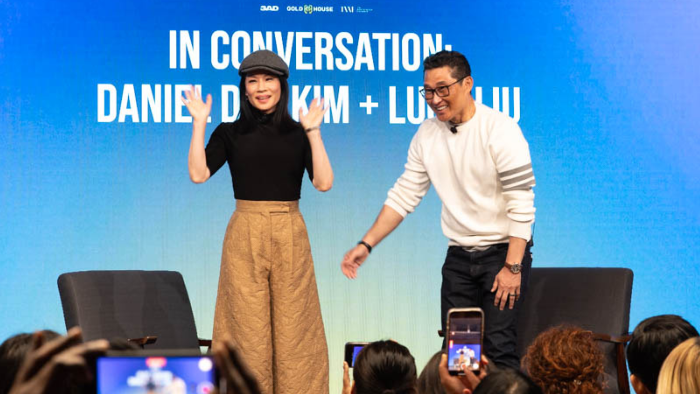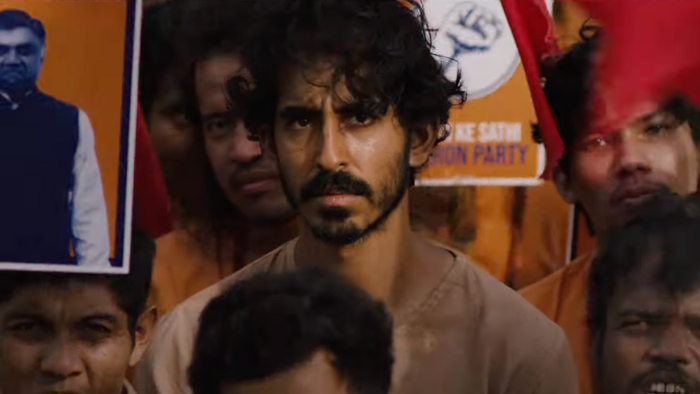This year’s Sundance Film Festival premiered an array of Asian American and Pacific Islander narratives, like coming-of-age films “Dìdi (弟弟)” and “Girls Will Be Girls,” the documentary “Agent of Happiness” and even the experimental romance “Love Me” featuring Steven Yeun and Kristen Stewart. Beyond the screenings, the two-week festival — which started on Jan. 18 — also featured plenty of events that celebrated and uplifted the works of API creatives both on and off screen!
There was no better place to watch this all happen than at the Sunrise House, the official API House of Sundance, hosted by Daniel Dae Kim’s production company, 3AD, Gold House and The Asian American Foundation(TAAF.) During Sundance’s opening weekend, there were three days of panels, roundtable discussions and interviews with the likes of API legends Lucy Liu and Mira Nair. For those who didn’t have a chance to go up to Park City, Utah, this year, here’s a rundown of some of the programming Character Media was able to attend.
Friday, Jan. 19
The festivities began with a Fireside Chat featuring director of “Mississippi Masala,” Mira Nair, and director of the documentary “All That Breathes,” Shaunak Sen. The two spoke in depth about their experiences with filmmaking, discussing where they get inspiration and how they navigate the entertainment world.
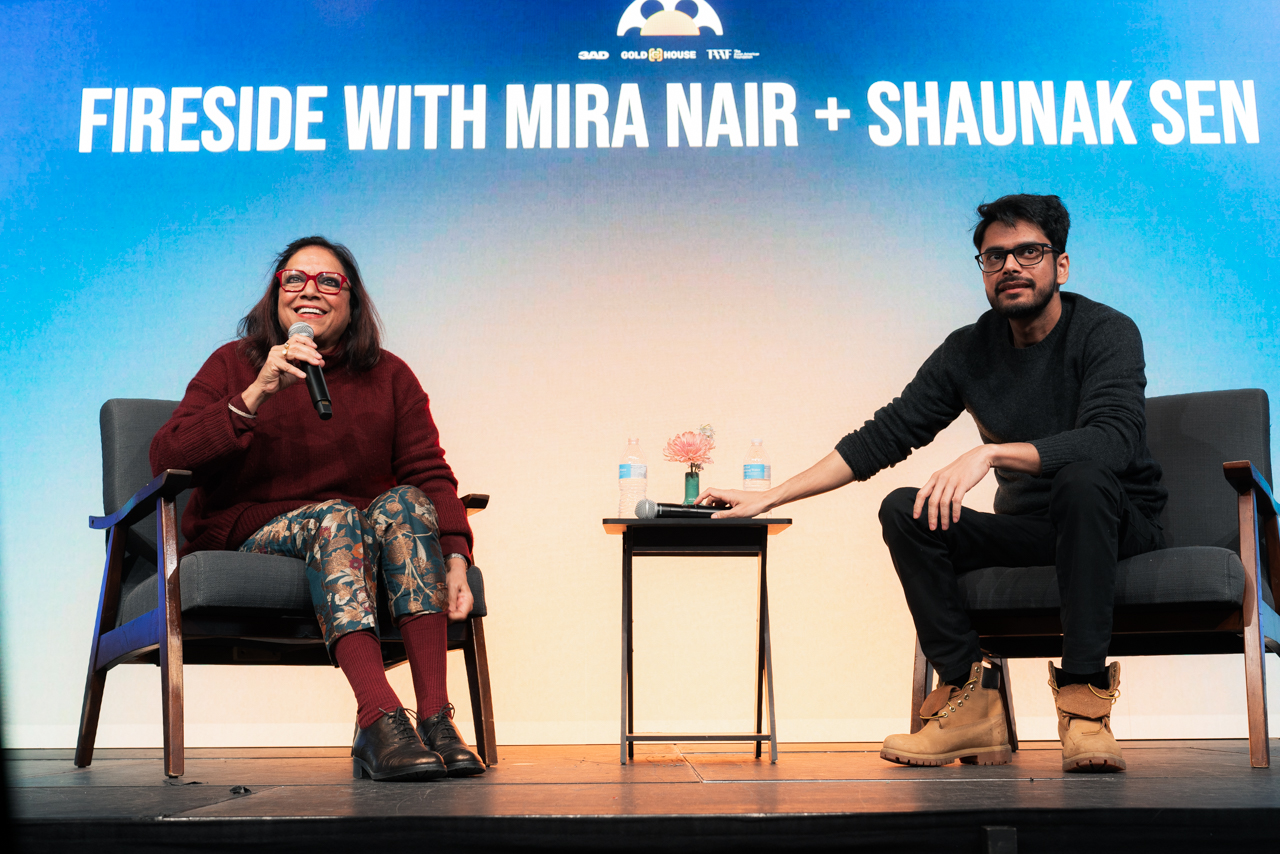
“My big criterion is if I can think of anybody else who can make that film, they should make it. Not me,” Nair said, explaining her choice to say no to specific projects throughout her career. “I’m a very peculiar sort, and I will make the film in a peculiar way.”
Soon after, Daniel Dae Kim, Bing Chen (Gold House) and Norman Chen (TAAF) officially opened up the event — with Norman shouting out Sundance Institute and Asian American foundation fellow Sean Wang, director of the aforementioned “Dìdi (弟弟).”
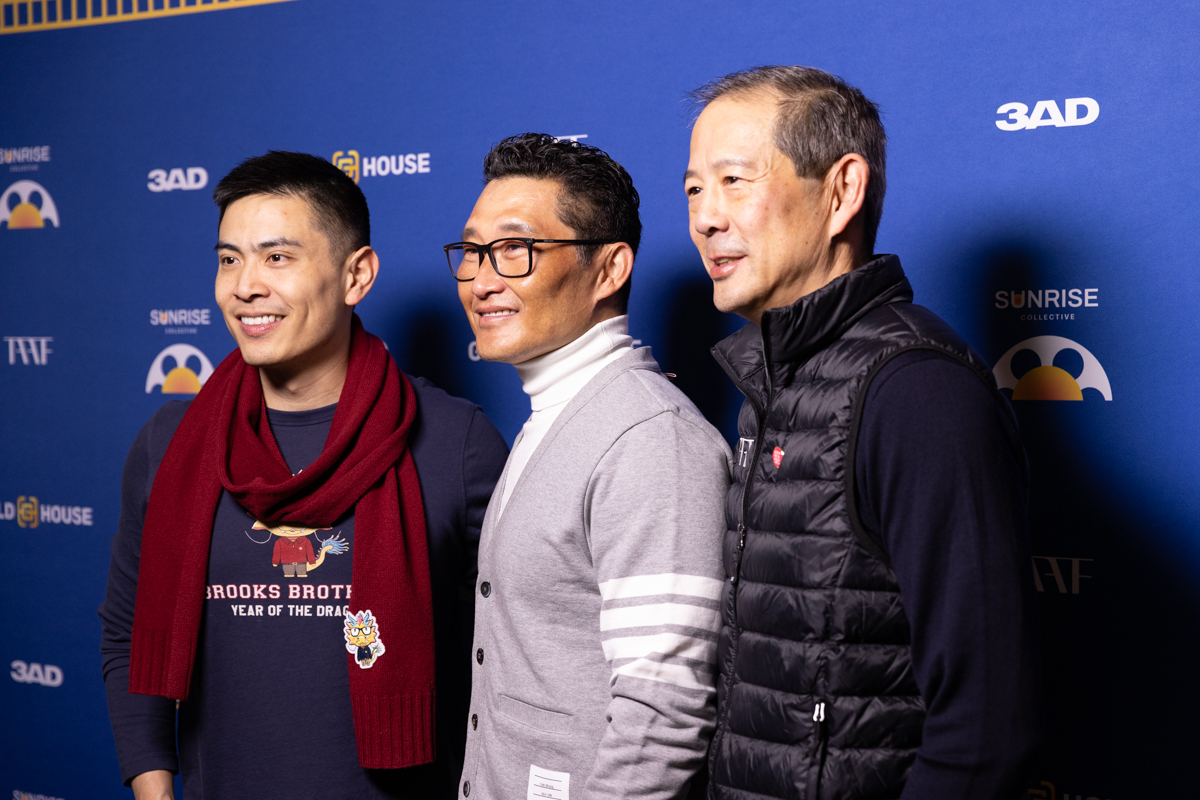
“It has been a labor of love for us to center and highlight the stories of the Asian American and Native Hawaiian Pacific Islander diaspora,” Kim stated. “And we are focused on telling stories and highlighting the filmmakers, the films that are featured at Sundance and beyond as well.”
Chen then introduced the next segment of their panel, a tribute to the late social activist Michael Latt, which featured a moving video honoring Latt and speeches from his family members and friends.
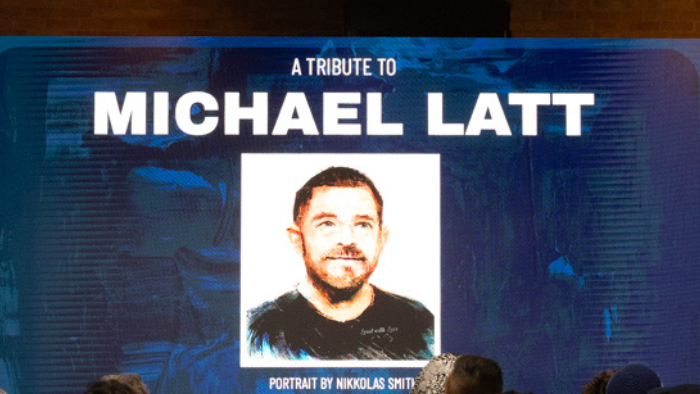
After the touching tribute, the rest of the panels went underway. Standouts included “The Entertainers as Activists” conversation, which included CEO of the Pop Culture Collaborative Bridgit Antionette Evans speaking to Richa Chadha (“Gangs of Wasseypur”), Nik Dodani (“Atypical”), Bao Nguyen (“Be Water”) and Kobi Libii (“The American Society of Magical Negroes”) about balancing social justice with their creative endeavors.
Nguyen, in particular, spoke about his experience with censorship. “My last film in Vietnam was initially banned by the government. It came out after a few changes,” he explained. “As much as we don’t want to think about our art having an impact, maybe the people who are fearful of our art know the impact of [inspiring something]. I think that’s the power of culture. As culture makers, we are helping to promote these values to the larger world.”
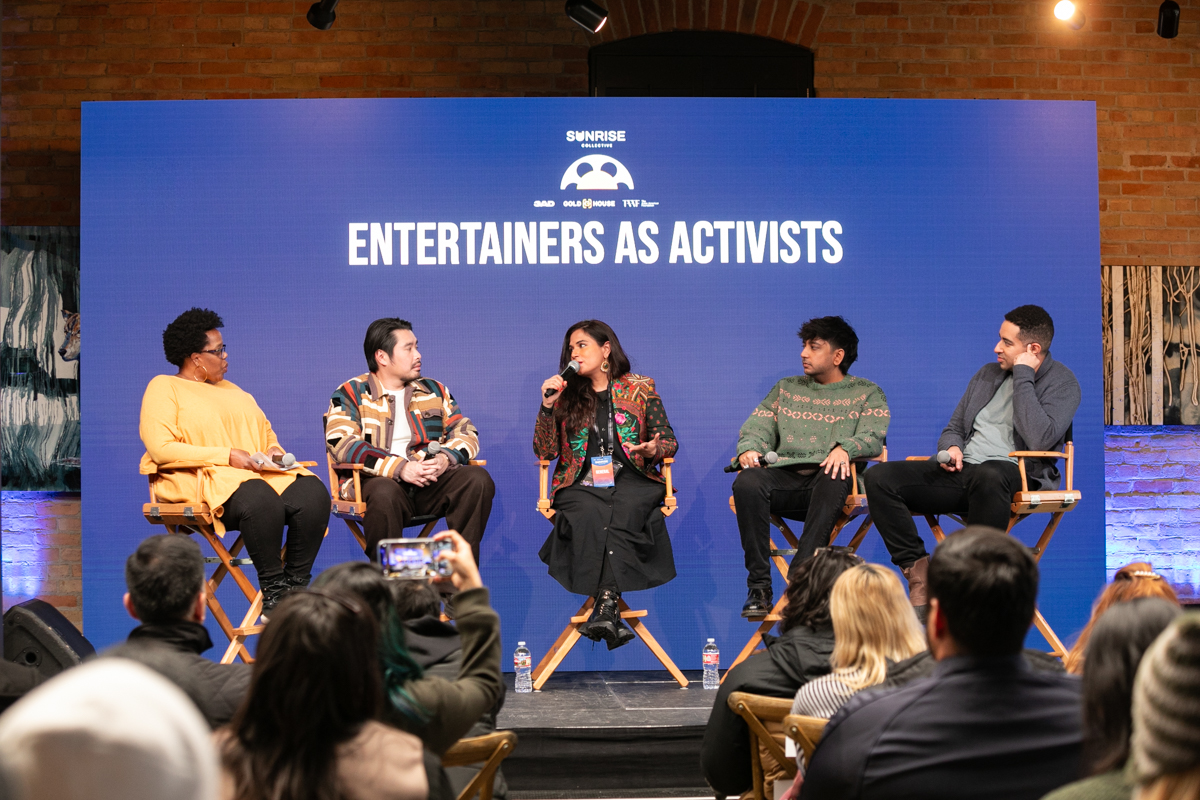
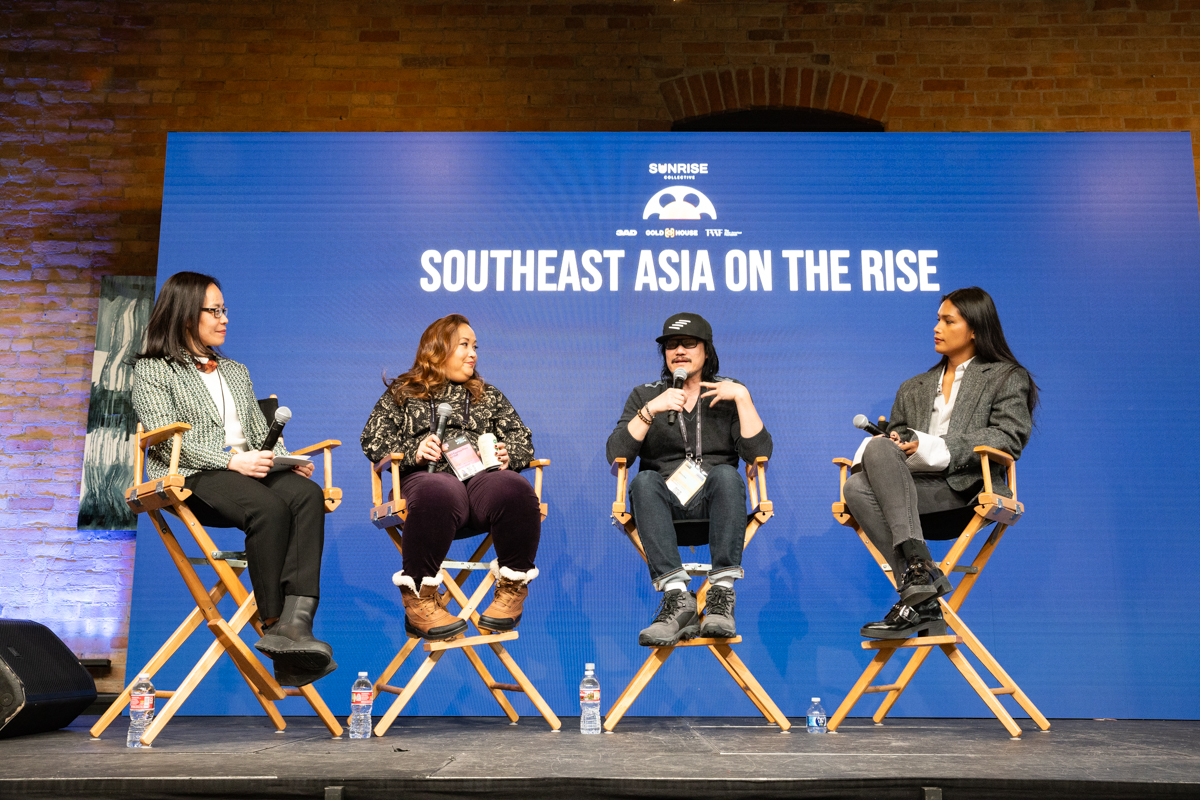
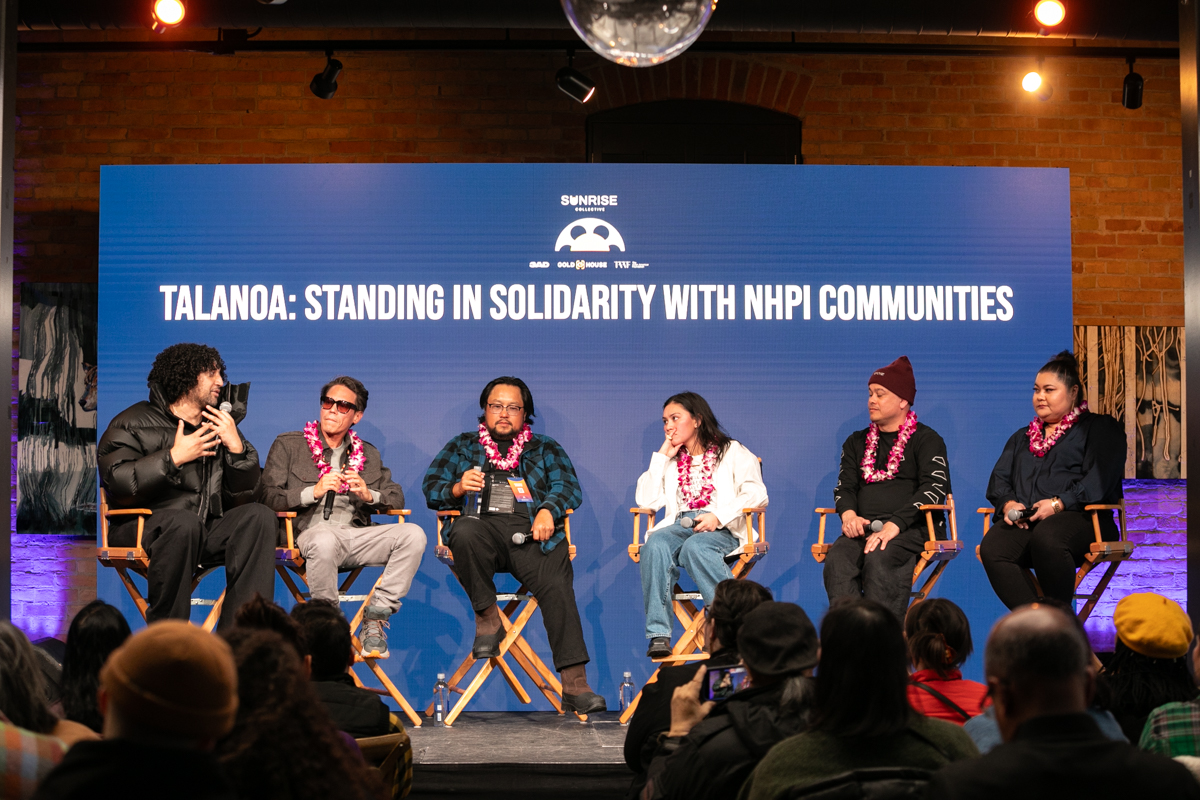
Other programming from the first day included “Southeast Asia on the Rise,” “Multicultural Producers Roundtable Presented by Google TV” and “Talanoa: Standing in Solidarity with NHPI Communities.”
Saturday, Jan. 20
The second day came with much fanfare, with panels like “Caregiving – The Unseen Story,” “Business of Narrative Change Presented by Procter and Gamble,” “Telling Authentic Immigrant Stories with Define American” and “Telling Our Stories with Disney Entertainment Television,” as well as two special Fireside Chats with Daniel Dae Kim.
His conversation with API trailblazer Lucy Liu, who was promoting her film “Presence,” drew in a full house (though Liu joked that she was worried no one would show up.) She and Kim discussed her upbringing, her rise to stardom and her directing style. With a career as long and iconic as Liu’s, Kim asked her what projects were her favorites, but she said she couldn’t see herself picking just one.
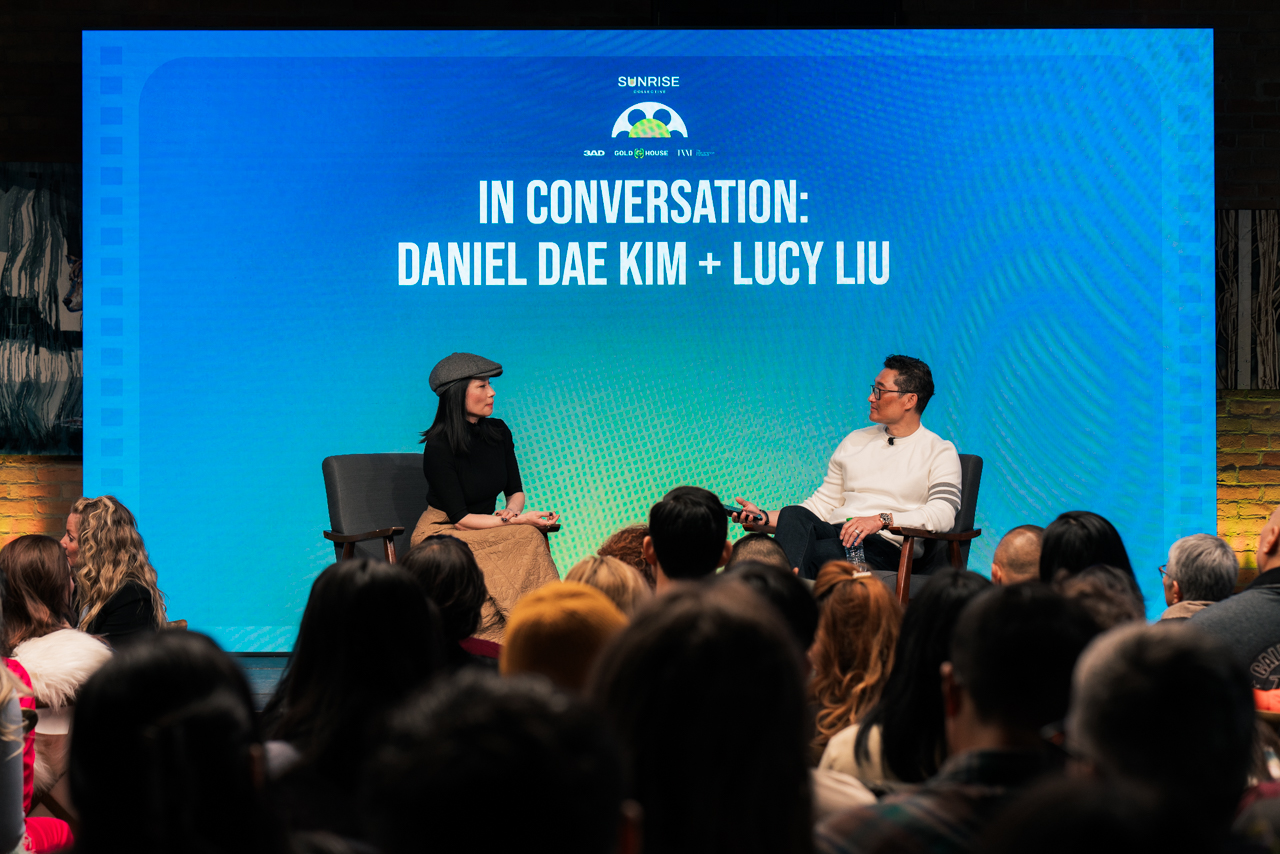
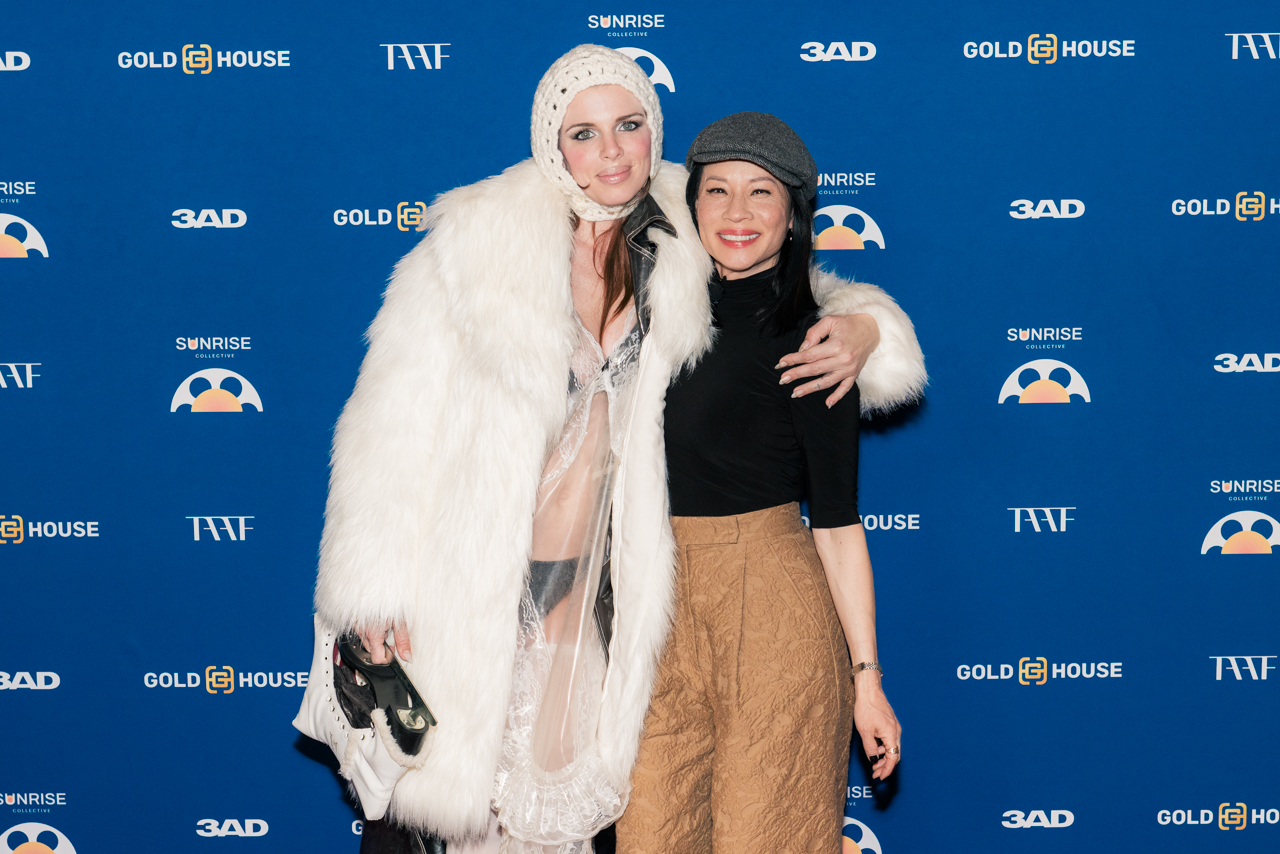
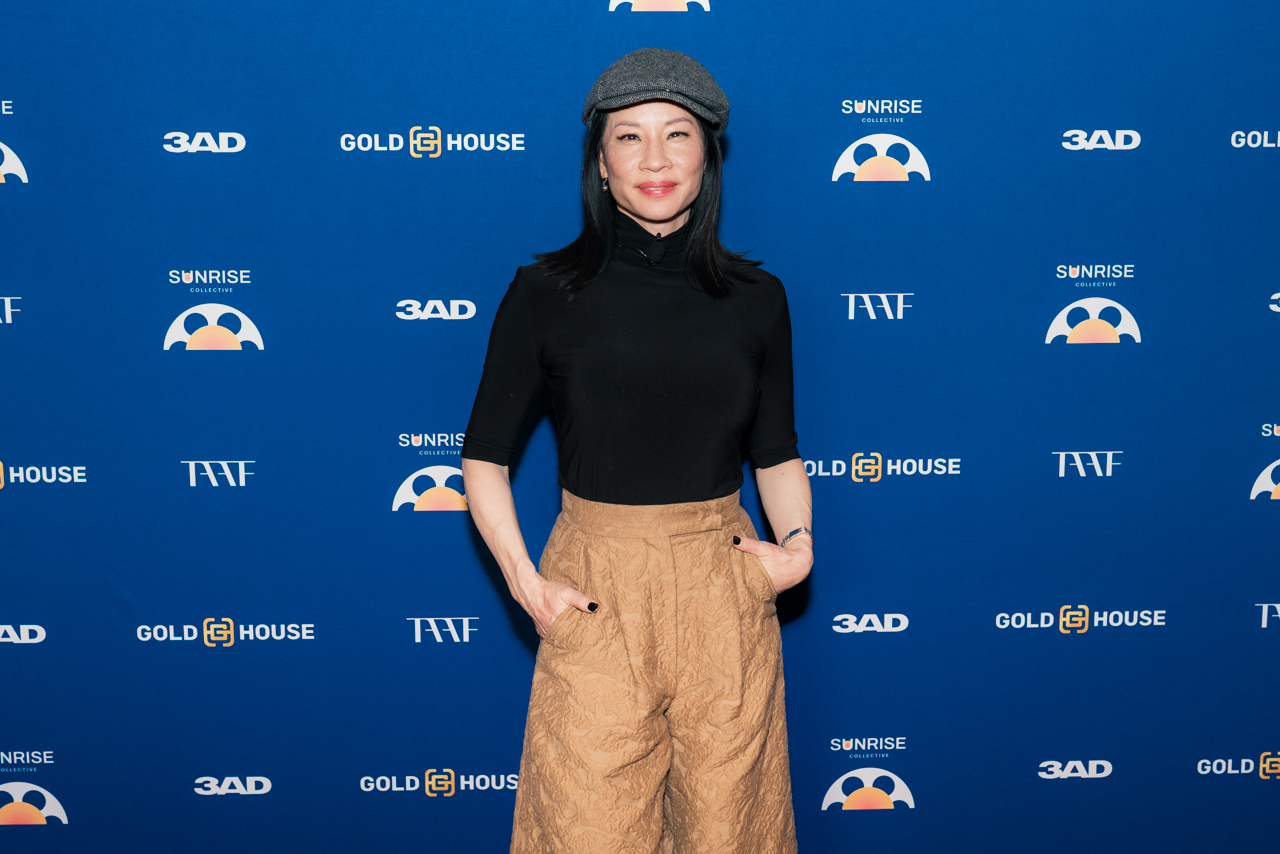
“My life is a photo album of my work; it’s not about the project,” she said. “It’s about the memories and the experiences.”
Soon after, Steven Yeun made his way to the stage, fresh off his recent Emmy win. He and Kim went in-depth on Yeun’s career choices after his breakout role in “The Walking Dead,” his foray into the Korean entertainment industry and the struggles he faces when speaking about his identity.
It’s a mixed bag for Yeun, he explained: “Identity is a struggle for me. I think there’s a really difficult battle [in] being asked to explain yourself, and I think that’s valuable. [But] the notion [of] never explain[ing] yourself is also selfish,” he said. “There’s something to be said about having the space and awareness to communicate truths that you hold that other people don’t understand. At the same time, you can only really communicate that in a real way in yourself.”
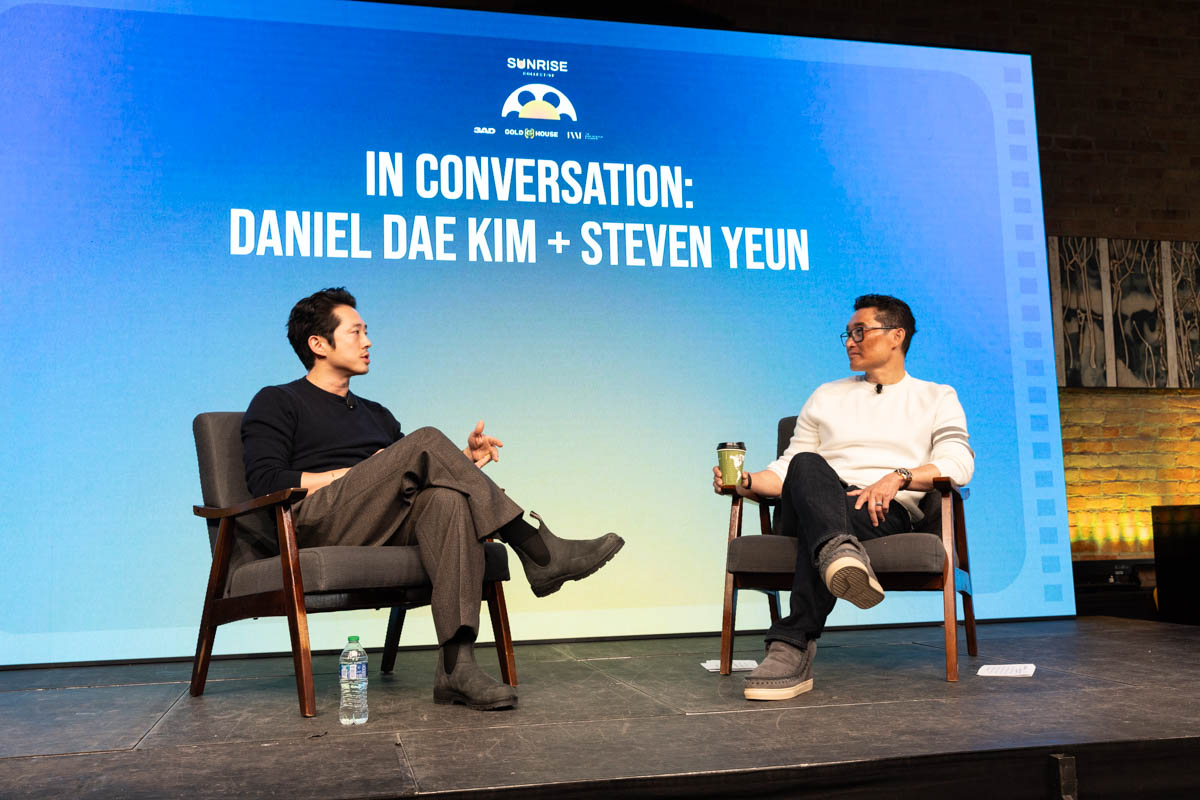
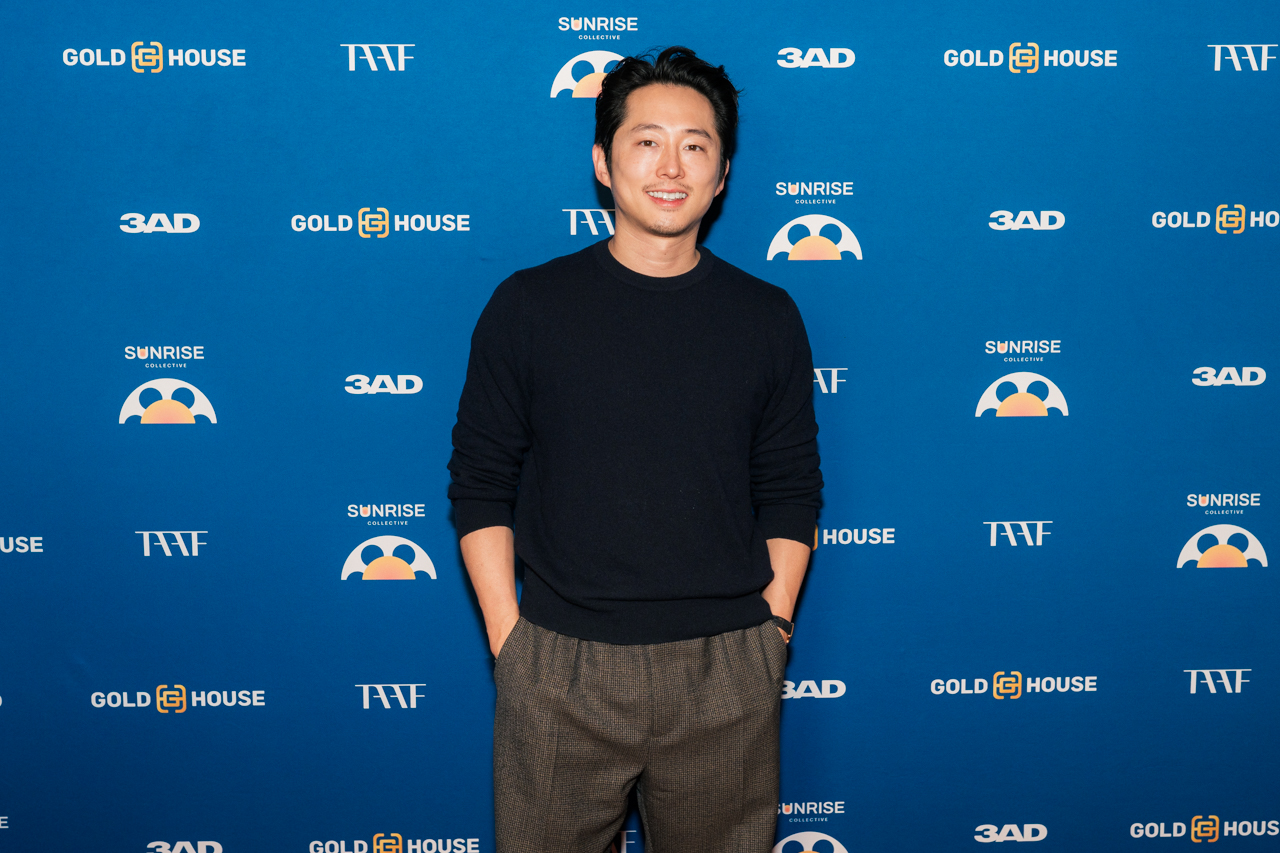
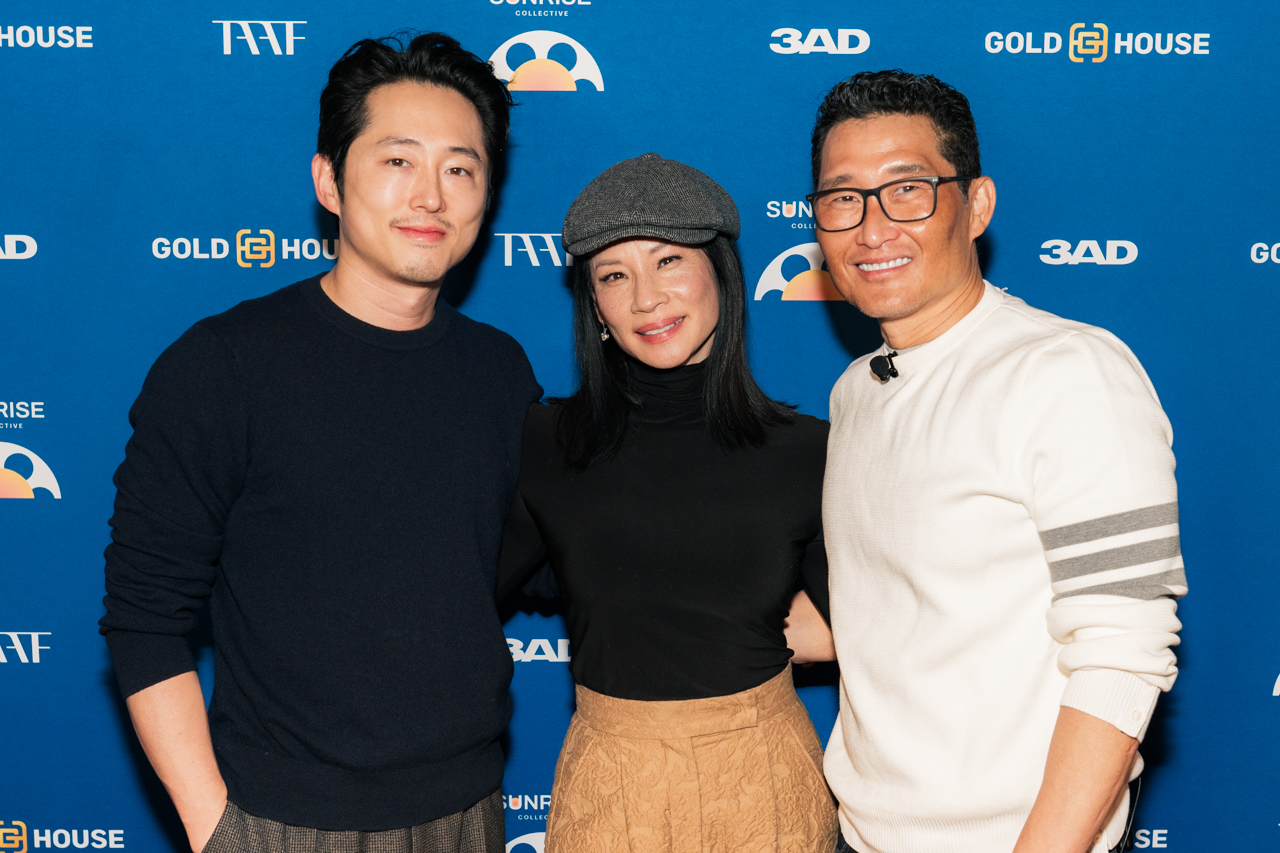
After the panels on Saturday, hosts of “Chrissy & Dave Dine Out” Chrissy Teigen and David Chang headed to the Sunrise Collective for an intimate dinner. Later that evening, the “Snowed In at Sunrise” party took place, where guests jammed out on the dance floor to the latest hits until 2 a.m.
Sunday, Jan. 21
On Sunday, there were still plenty of panels and discussions to join. “Directing Asian, Asian American and Arab Narratives,” featuring debuting directors Amrou Al-Kadhi (“Layla”), Arun Bhattari (“Agent of Happiness”), Shuchi Talati (“Girls will be Girls”), Greg Jardin (“It’s What’s Inside”) and Wang, showcased the wide array of API narratives in the festival’s lineup. Other panels like “Guts and Glory: Voices from Behind the Lens” and “Badass Women Truth Tellers” were also part of the last day’s lineup before Sunrise closed with the Asian Pacific Filmmakers Experience 20th Anniversary Celebration.
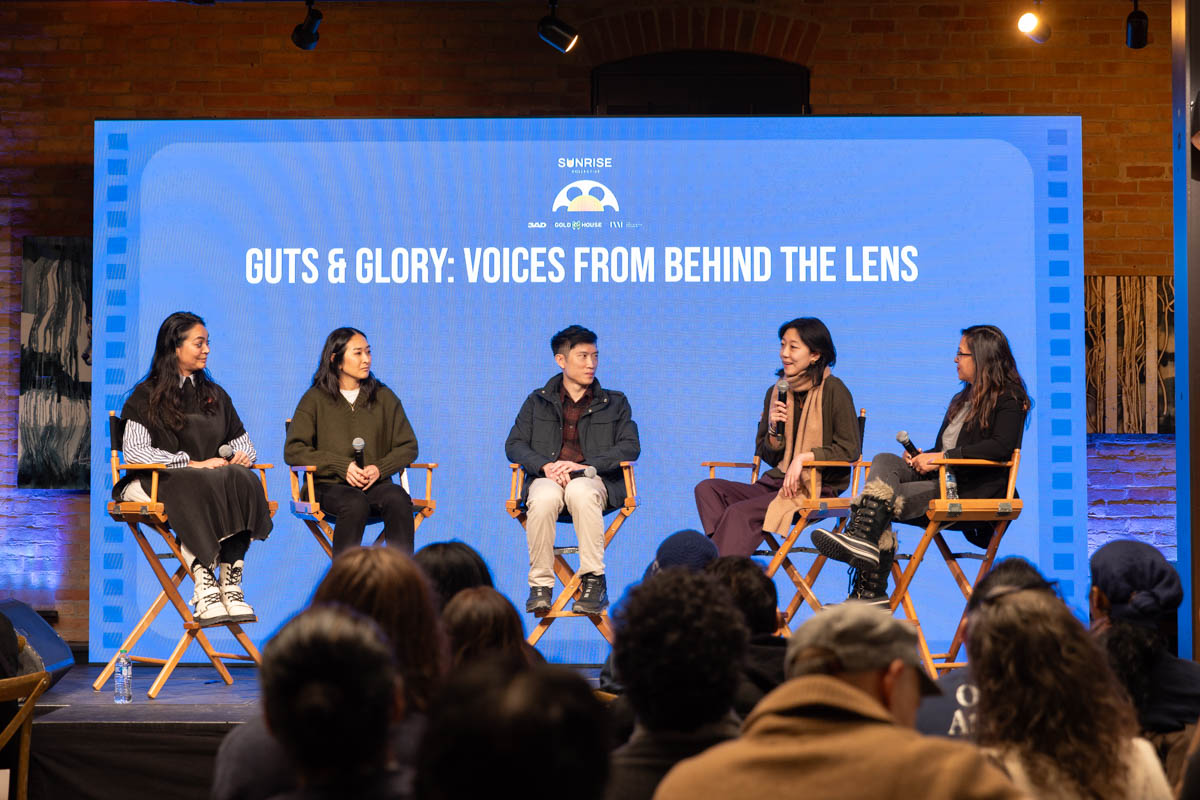
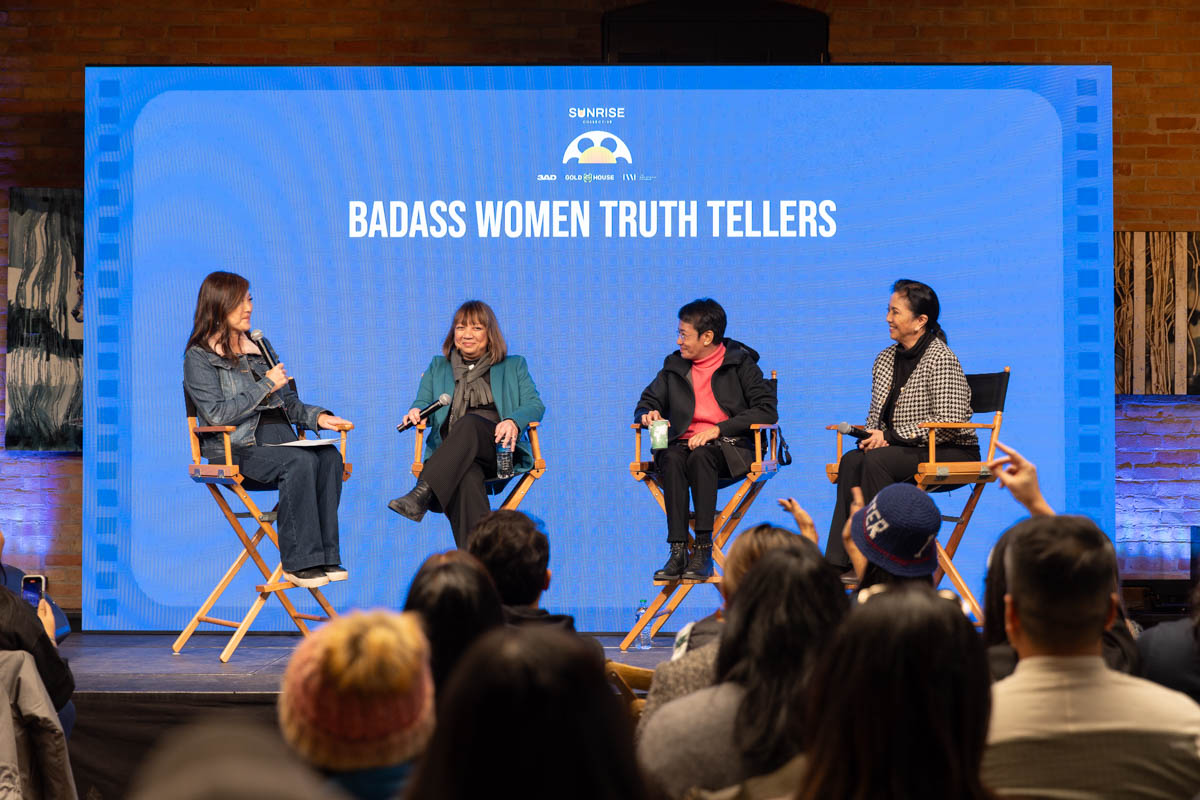
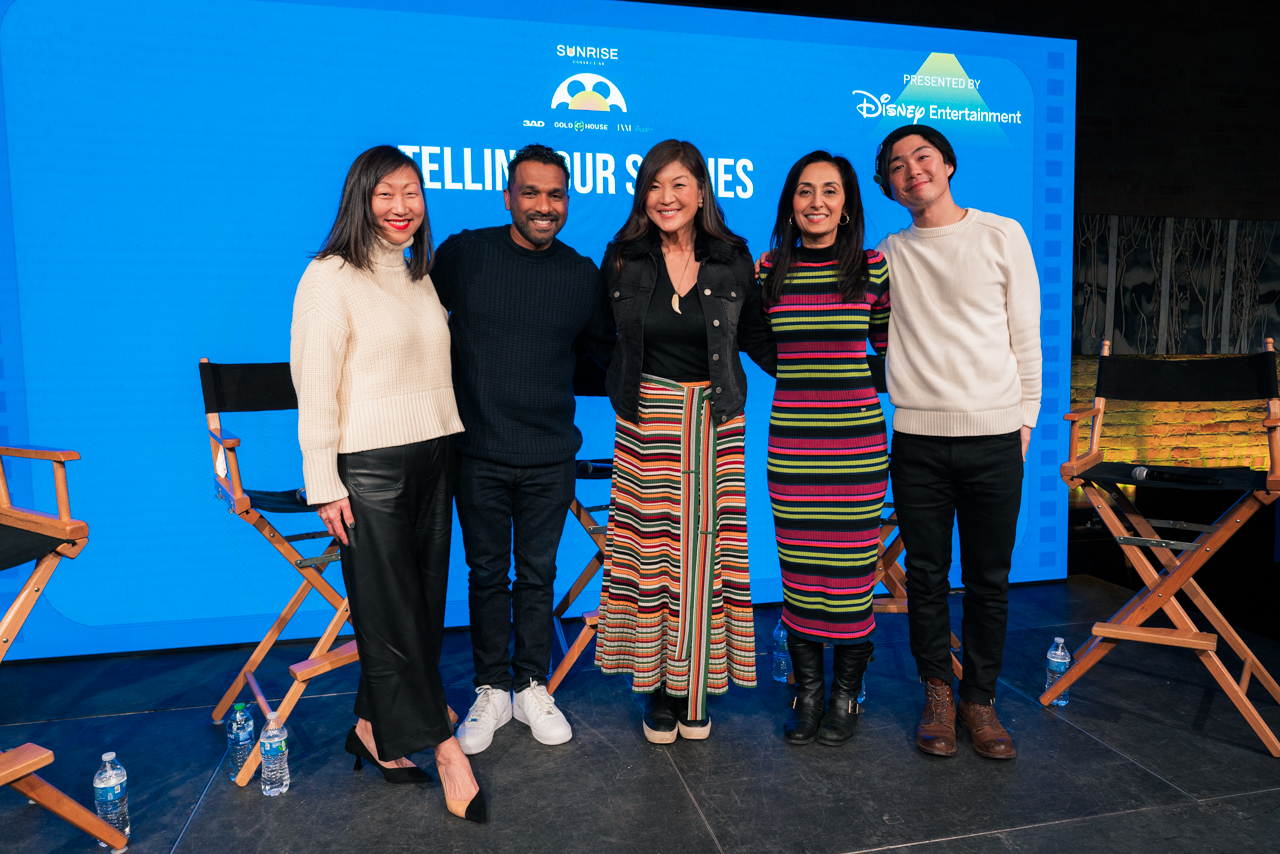
This celebration included a Fireside Chat with Hollywood producer Milton Liu speaking with actor-filmmaker Sung Kang and veteran film publicist and Peabody Award winner David Magdael who spoke about the beloved Asian American film “Better Luck Tomorrow” and how API representation has changed since its release 20 years ago.
The two reminisced about the film’s premiere at the Library Center Theatre and discussed the now-famous interaction of film critic Roger Ebert defending “Better Luck Tomorrow” from allegations that it was a disservice to the Asian American community. Reflecting on that moment’s importance in API Hollywood history, Kang shared how his colleague Jon M. Chu, director of “Crazy Rich Asians,” once admitted to him that that night was what gave him the courage to pursue a career in film.
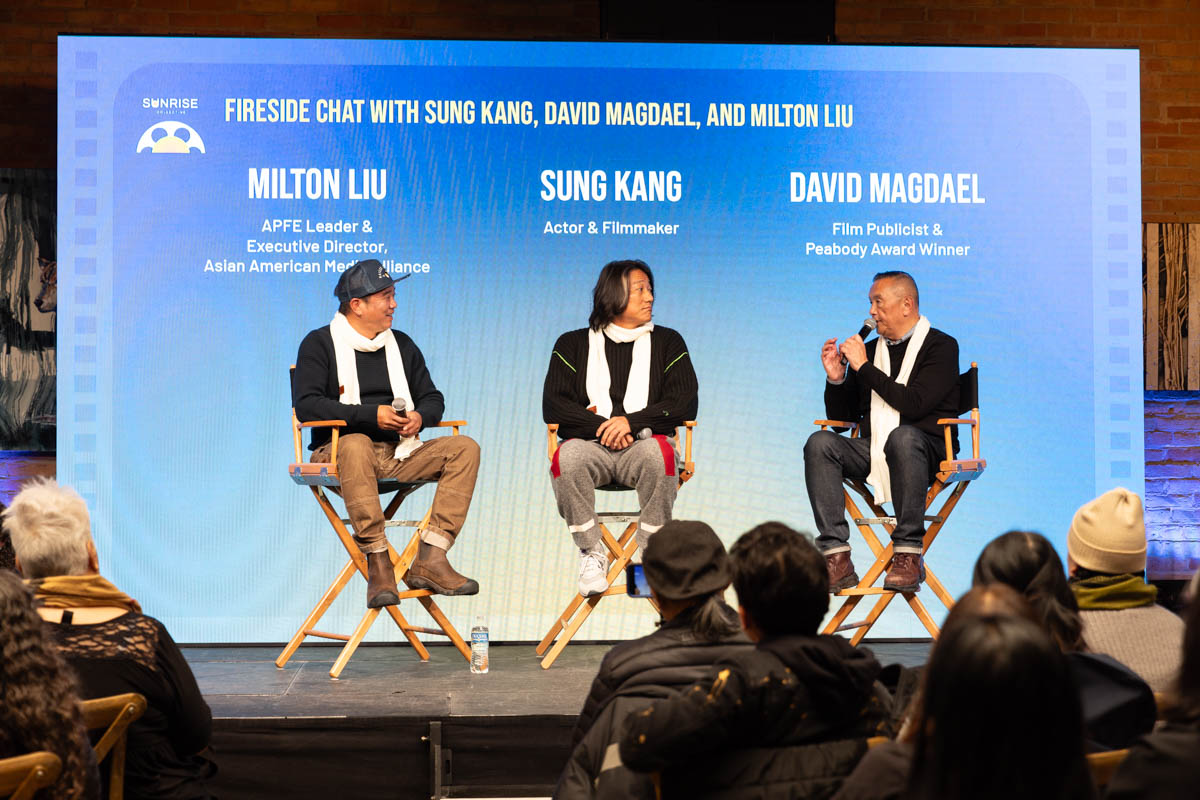
“‘I was there, in the front row at the Library in 2002, when all of that went down,’” Kang said, quoting Chu. “‘That was the day I decided I was going to become a filmmaker.’”
Kang found the moment to be a full circle moment of the API entertainment community, especially when looking back at how that one film was integral to the growth of API creatives. “I didn’t know a small independent movie like that could have [an] impact,” he said. “We are all connected somehow.”
The author’s content and opinions have not been pre-reviewed, approved or endorsed by Discover.


